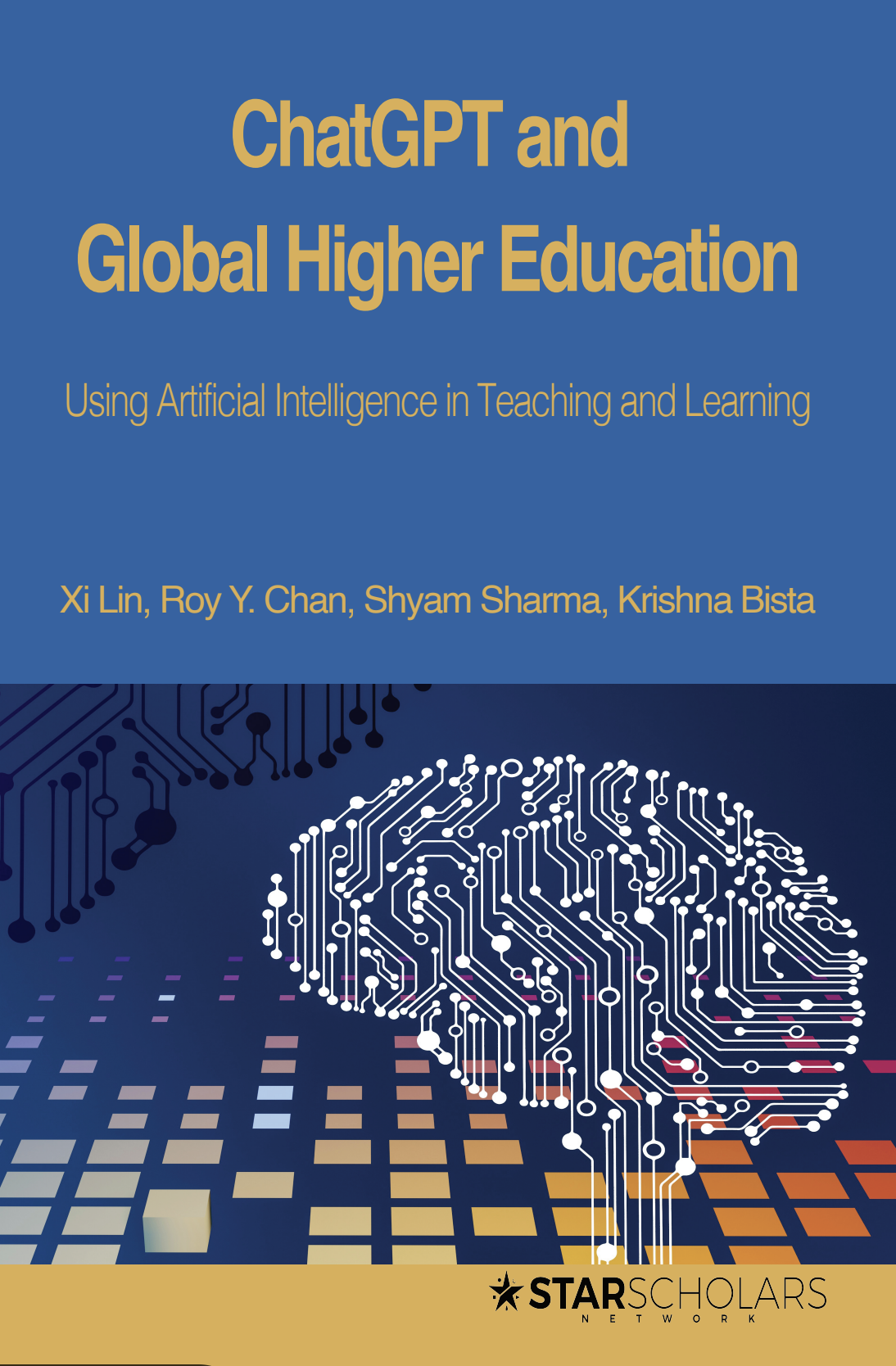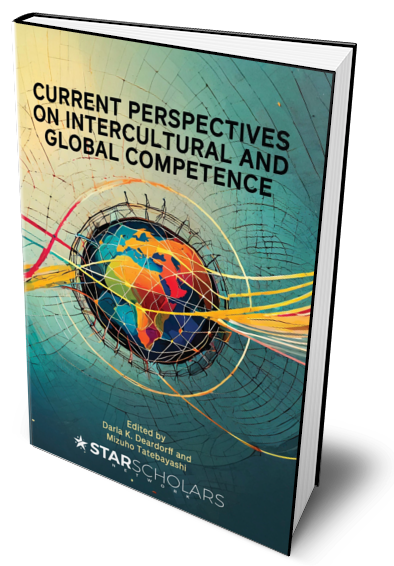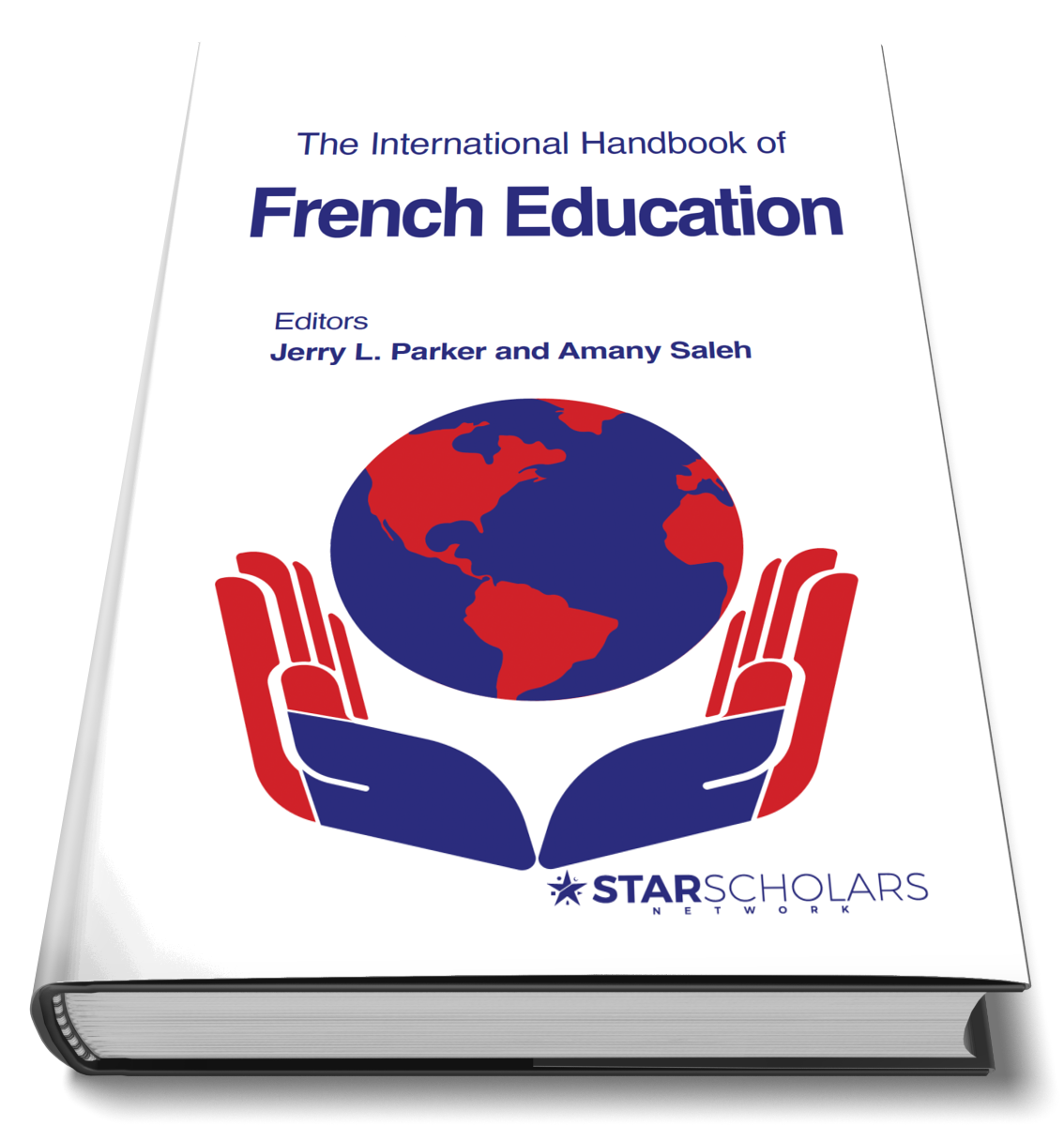Call for Chapters: Researching Intersectional Identities of International Students in Higher Education Contexts
EDITORS
Dr. Leonardo Veliz, University of New England, Australia
Dr. Krishna Bista, Morgan State University, USA
Dr. Angel Mok, University of New England, Australia
Title: Researching Intersectional Identities of International Students in Higher Education Contexts
TYPE OF WORK Edited volume
Objective
The intersection of identity factors such as race, gender, nationality, ethnicity, socioeconomic status, and disability among international students remains underexplored in the context of higher education. Understanding these complex and multifaceted identities can provide significant insights into the racialized, marginalized, minoritized, and often overlooked experiences, challenges, and opportunities that international students encounter. The proposed edited book, Researching Intersectional Identities of International Students in Higher Education Contexts, aims to bridge this gap by examining how intersecting identities shape academic and social experiences for international students, focusing on both linguistic and epistemic racism, alongside other intersectional issues.
The primary objective of this book is to provide a comprehensive understanding of the intersectional identities of international students and how these identities impact their experiences in higher education. By focusing on diverse student demographics and different geographical contexts, this volume will contribute to the growing body of literature on international education and intersectionality. The book will include empirical studies, theoretical discussions, and policy analyses to provide a holistic view.
Possible Key Themes- Intersectionality and international education: An overview of how intersectionality theory applies to the context of international students in higher education. This section will draw on foundational works like Crenshaw's (1989) discussion of intersectionality to frame the conversation within the higher education context.
- Experiences of (c)overt racism and marginalization: Exploration of how race, ethnicity, language and gender intersect with the international student experience (Dovchin, 2022; Dovchin & Dryden, 2022; Veliz & Chan, 2024). It critically examines how overt and covert forms of racism influence their educational journeys, social integration, and identity formation. By doing so, it unearths how systemic and institutional biases manifest in multilingual spaces, often leaving these students in precarious positions within educational settings.
- Socioeconomic Status and Access: Analysis of how socioeconomic background influences the experiences and opportunities available to international students, referencing studies such as those by Perna et al. (2014), which discuss access and equity in higher education.
- Disability and Inclusion: Examination of the intersection of disability with other identity markers among international students, utilizing frameworks provided by Kerschbaum, Eisenman, and Jones (2017) on disability in higher education.
- Policy and Practice: Recommendations for higher education institutions to develop inclusive policies that address the diverse needs of international students, citing frameworks such as those discussed in Knight (2015) on the internationalization of higher education.
- Reification of the identity ‘international students’: an examination of the falsity and problems of treating international students as a homogenous group, as challenged by Jones (2016) and Heng (2019).
- The convergence and divergence of various categorical lines: how categorical identities interact and play out in various contexts - why and how some identities favor some students but marginalize others.
Target Audience
In response to the growing need for people working in international education to make sense of issues on inequality, this book will be a discussion of key issues in higher education. Insights resulting from this project can be used by researchers and administrators working in the area of internationalization of higher education, but also for educators and practitioners that deal with the results of increasing student mobility on a day-to-day basis. Moreover, it will inform institutional policy working towards more effective, inclusive, and equitable ways to internationalize by addressing both the scientific and practical implications of the research. In this way, the book can serve as a tool for discussion and further reflection within international education offices, and graduate classrooms, and as a foundational reference for forthcoming research and scholarship. Given the rapid expansion of research on both internationalization and inequality in higher education, it is foreseeable that this book will become a much-referenced text within the field and profession.
ReferencesHeng, T. T. (2019). Understanding the Heterogeneity of International Students’ Experiences: A Case Study of Chinese International Students in U.S. Universities. Journal of Studies in International Education, 23(5), 607-623. https://doi.org/10.1177/1028315319829880
Liu, J. (2017). Beyond the cultural approach: Understanding the experience of Chinese international students in Canada from an intersectionality perspective. International Journal of Chinese Education, 6(1), 60-75.
Malcolm, Z. T., & Mendoza, P. (2014). Afro-Caribbean international students' ethnic identity development: Fluidity, intersectionality, agency, and performativity. Journal of College Student Development, 55(6), 595-611.
Mwangi, C. A. G., Changamire, N., & Allen, W. R. (2019). An intersectional understanding of African international graduate students' experiences in US higher education. Journal of Diversity in Higher Education, 12(1), 52-65.
O'Connor, S. (2020). The intersectional geographies of international students in Ireland: Connecting spaces of encounter and belonging. Gender, Place & Culture, 27(5), 1-17.
Unangst, L., & Crea, T. M. (2020). Higher education for refugees: A need for intersectional research. Comparative Education Review, 64(4), 586-607.
About the Editors
Leonardo Veliz is an associate professor of language and literacy education at the University of New England. He is the Head of the Curriculum Department and Lead of the Language, Literacy and Pedagogy Research Strategic Group. His research centers on broad issues of language and literacy education in Australia and overseas. He’s currently editing volumes on multiculturalism, multilingualism, literacies in the Global South, and language teacher agencies.
Krishna Bista is a Professor of Higher Education in the Department of Advanced Studies, Leadership and Policy at Morgan State University, Maryland (USA). Dr. Bista is an internationally recognized expert on global student mobility and international education. He teaches doctoral courses in Higher Education and Community College Leadership programs and supervises doctoral dissertations. He is the founding series editor for the Routledge Global Student Mobility Book Series and the founding Chair for the Comparative and International Education Society Study Abroad and International Students SIG.
Angel Mok is a lecturer in early childhood education at UNE. Her interests include leadership, supporting students in online study, and their transition to leadership roles in early childhood services. She is actively supporting local early childhood services in Armidale and is on the management board of one of the preschools here. Angel completed a PhD in Education at Macquarie University and has taught in higher education since 2008. Before she joined academia, Angel was a qualified teacher in early childhood settings and schools in NSW. Angel obtained her first degree at the University of Hong Kong and had taught in high schools and early childhood settings in Hong Kong before she moved to Australia.




